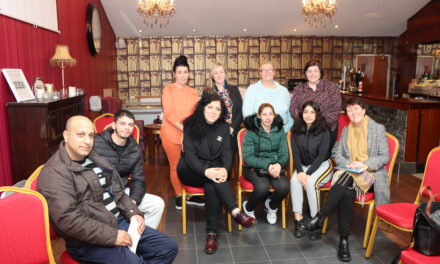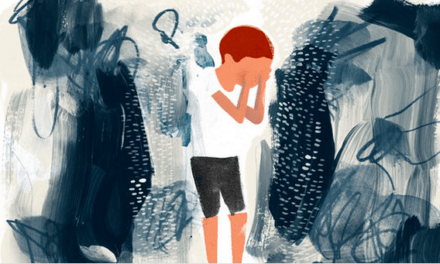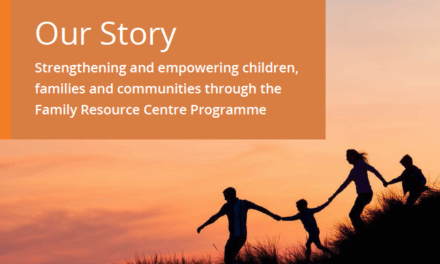Parenting can be tough at any age, but for teenagers it can be especially challenging. Luckily, there are programmes in place that can help.
When you hear the phrase ‘teen parent’, the mind jumps to a scared young girl and an absent father. Yet, this is often not the case.
A 2012 study by Crisis Pregnancy revealed that, in general, adolescent males who are parents believe they should take responsibility for the pregnancy and not leave everything up to their girlfriend. Furthermore, given a range of preferences for the future, 38% of those surveyed wanted to stay with their girlfriend and raise the baby together.
While surprising to some, this reflects reality. Almost a third of young parents are already cohabiting.
Margaret Morris, coordinator of the national Teen Parents Support Programme (TPSP), explains that keeping fathers involved in their child’s life is crucial, even if the parents’ relationship has ended.
“All the evidence shows that, from a child’s point of view, a child fares better if it at least knows who its father is and, ideally, has contact,” she says. With the father involved, “the baby has not just the father’s influence and care in its life, but also the paternal family’s influence and care. For a child, it’s all about ‘the more people who love you the better’”.
FamiliBase
TPSP consists of 11 separate projects funded by Tusla and the HSE.
One of these projects is FamiliBase, in Ballyfermot, where Tracy Skerrett works with parents and their children.
Skerrett said FamiliBase works with “young parents who need support around housing, unemployment, mental health problems, family law, information, advice, parenting, and everything to do with being a parent and living in a community with social deprivation”.
The project realised from the beginning that young fathers are often forgotten: “It’s really hard for the young fathers to be identified as a young father, even statistically, because it’s not recorded anywhere. Unless they are actually in a relationship with the mother – or the mother has given consent to have their name recorded on the birth cert – it can be really difficult for the young father to play a role automatically in their child’s life,” said Tracy.
FamiliBase has carried out research to identify the needs of young fathers. They found men lacked information on how to access their children and how to work through the legal system. As Skerrett said, “a lot of young men just don’t know how to go about getting access to their children”.
Their research also found there was a strong need for peer support, and that mental health issues were impacting young fathers.
FamiliBase were determined to rise to the challenge. Working with Paul O’Shaughnessy of Cherry Orchard Youth Services, and Derek Ahern, sports development officer with Dublin City Council, they set up a Ballyfermot young fathers group. The group provides a place where teen fathers come together and learn from each other.

A FamiliBase group mid-hike.
Older fathers share their experiences with younger members and the group promotes a positive attitude to mental health. Regular hikes and cycles across the country build up to some impressive yearly events. For example, members of the group successfully scaled Ben Nevis in Scotland one year, and they walked the Camino de Santiago in Spain the next.
Perhaps the most anticipated event, however, is the family day where, once a year, FamiliBase workers help fathers and their children spend a night away together.
“But, whatever the activity is, the group keeps costs low,” Skerrett said.
While building team spirit and individual resilience, the group aims to show parents that they can enjoy time with their children without spending much money.
As Skerrett pointed out, “a lot of our young dads worry [that] when they have access, because of the cost of everything, that they can’t do anything with their children.”
The activities the group engages in help them to see that money is not always necessary.
While the group has been very successful in Ballyfermot, Skerrett realises the impact has been relatively small. “There are a lot of young fathers out there who aren’t getting support and who aren’t being recognised,” she said. “They are facing a lot of the problems that the young dads we work with have faced. But they’re doing it alone. And they’re doing it silently.”
Helping these young people is vital, not just for themselves, but “to ensure the best possible outcome for their child”.





